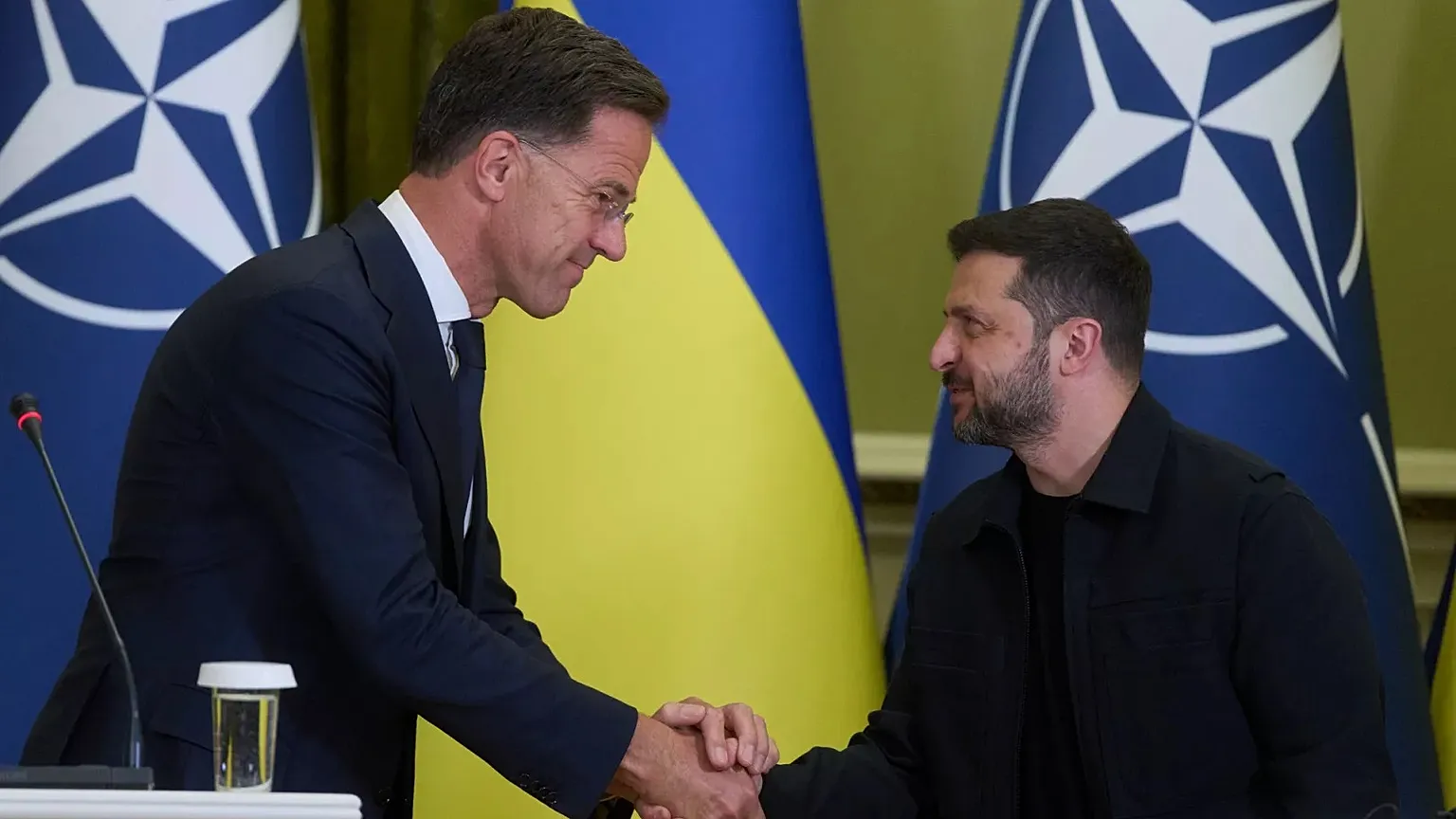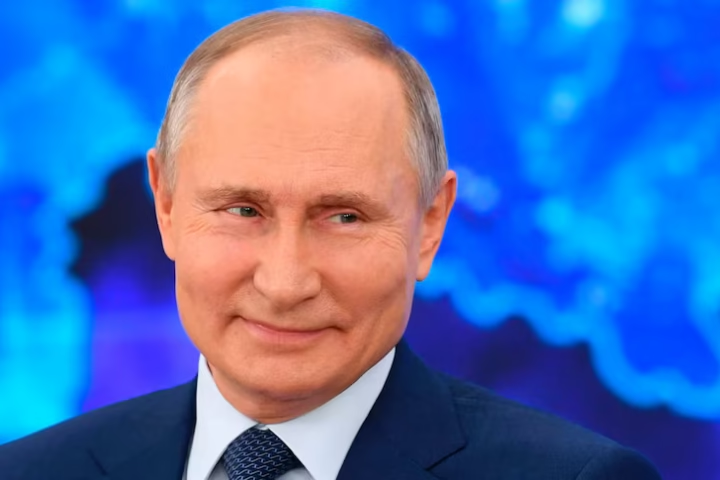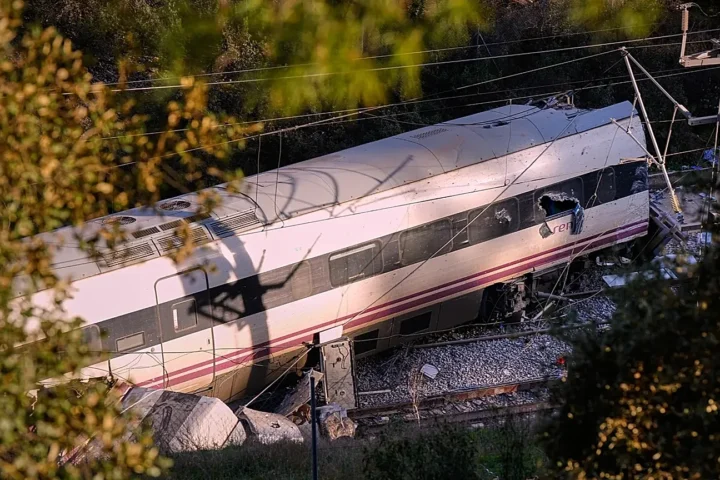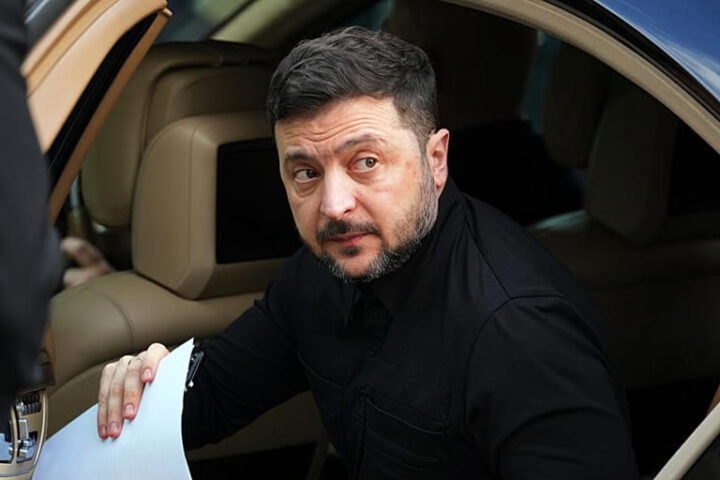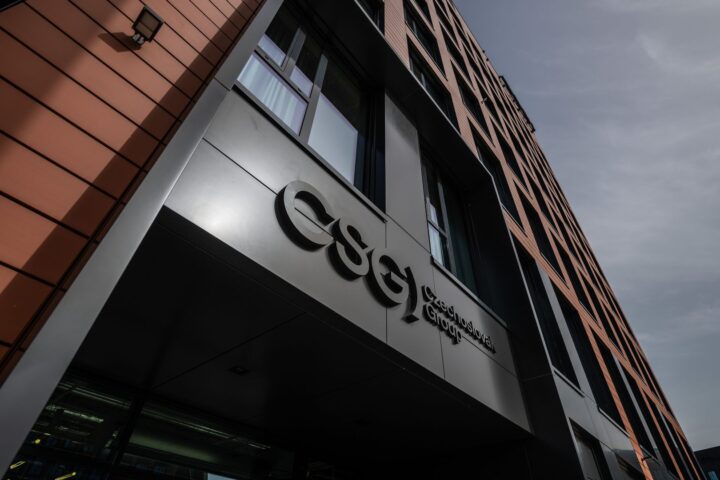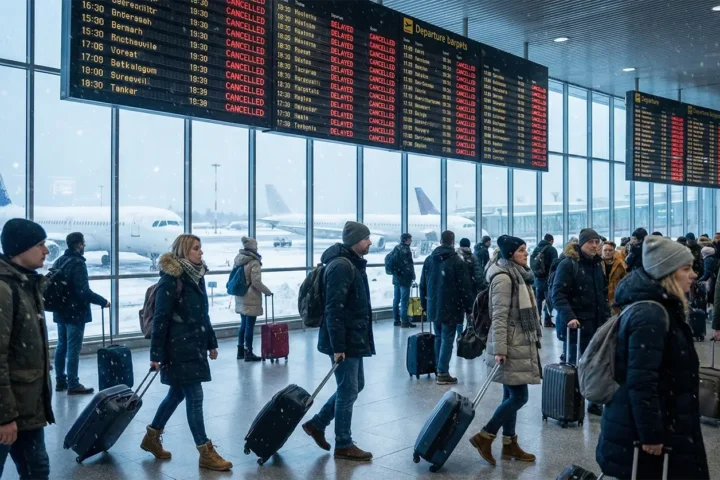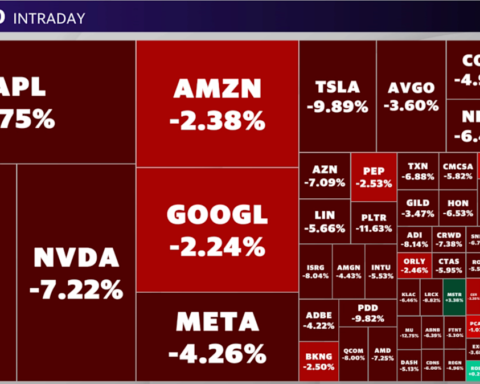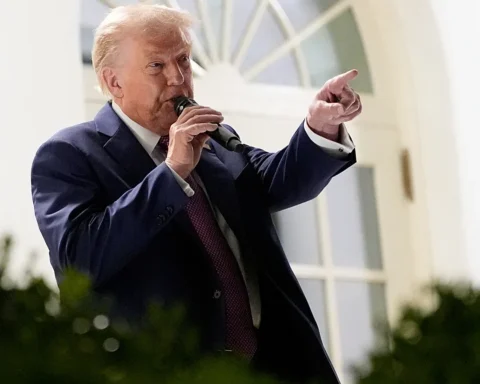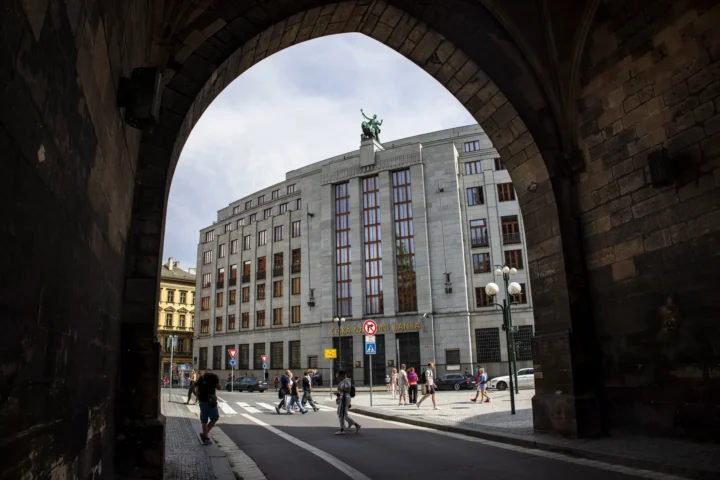NATO Secretary-General Jens Stoltenberg has issued a stark warning regarding Russia’s military ambitions, emphasizing the alliance’s commitment to preventing any further attacks on Ukraine. Speaking at a recent security forum, Stoltenberg highlighted the ongoing threat posed by Russian aggression and the importance of maintaining strong deterrence and support for Kyiv.
The Context: Russia’s Invasion of Ukraine
Since February 2022, Russia’s invasion of Ukraine has reshaped European security dynamics. Despite suffering significant military setbacks and facing international sanctions, Russian forces continue to pose a threat to regional stability. The war has resulted in tens of thousands of casualties, displaced millions, and strained global supply chains.
Stoltenberg stressed that the conflict is not a distant concern for NATO countries. “What happens in Ukraine affects the entire alliance,” he said. “We must ensure that Vladimir Putin understands that aggression comes with consequences and that NATO stands united to defend democracy and security.”
NATO’s Role and Response
NATO has played a pivotal role in supporting Ukraine, providing military aid, intelligence, and strategic guidance while avoiding direct involvement in combat. Stoltenberg emphasized that this support is essential to deter future Russian aggression.
Key components of NATO’s strategy include:
- Strengthening Eastern Flank Defenses: Increased troop deployments, advanced missile systems, and rapid-response units in member states bordering Russia and Ukraine.
- Military Aid to Ukraine: Supplying advanced weaponry, training programs, and intelligence-sharing to bolster Ukraine’s defense capabilities.
- Unified Diplomatic Pressure: Coordinating sanctions and international diplomatic efforts to isolate Russia politically and economically.
Stoltenberg warned that complacency could embolden Moscow. “If we do not remain vigilant, Russia may attempt to revise borders through force elsewhere,” he said, underscoring the broader security stakes for Europe and NATO.
The Importance of Deterrence
Central to NATO’s messaging is the principle of deterrence. Stoltenberg explained that credible defense measures—both military and political—are necessary to prevent Putin from considering future attacks. This includes maintaining high readiness levels across member states and continuing to supply Ukraine with the tools it needs to defend its sovereignty.
Experts note that deterrence is not merely about military capability; it also involves signaling unity, resolve, and long-term commitment. In this sense, NATO’s actions send a clear message: the alliance will not tolerate aggression against its partners or threaten regional stability.
Challenges Ahead
While NATO’s strategy emphasizes deterrence, the conflict in Ukraine remains unpredictable. Russia has demonstrated its willingness to escalate tensions, including potential threats involving nuclear rhetoric or cyber warfare. At the same time, sustaining Western support for Ukraine requires managing economic costs, political divisions, and strategic risks.
Analysts caution that a single lapse in unity or underestimation of Russian intent could embolden further attacks. Stoltenberg’s statements reflect the urgency of maintaining vigilance and reinforcing alliances to prevent a recurrence of large-scale aggression.
Global Implications
The stakes extend beyond Europe. Renewed aggression against Ukraine could destabilize global food and energy markets, intensify refugee flows, and prompt further geopolitical tensions. NATO’s firm stance serves as both a protective measure for Europe and a signal to the international community that aggressive military expansion will not go unchallenged.
Conclusion
Jens Stoltenberg’s warning is a clear declaration of NATO’s priorities: safeguarding Ukraine, deterring Russian aggression, and maintaining alliance unity. The conflict serves as a reminder that security in the 21st century is not confined to borders but is intrinsically linked to international stability and democratic resilience.
As Stoltenberg put it, “We need to ensure Putin never attacks Ukraine again.” The statement encapsulates the alliance’s determination to uphold the principles of sovereignty, democracy, and collective defense, and it highlights the ongoing importance of NATO in an era marked by uncertainty and renewed great-power competition.
